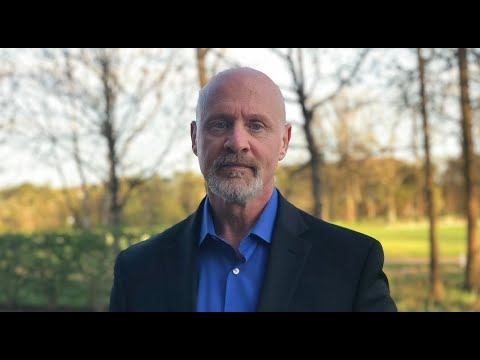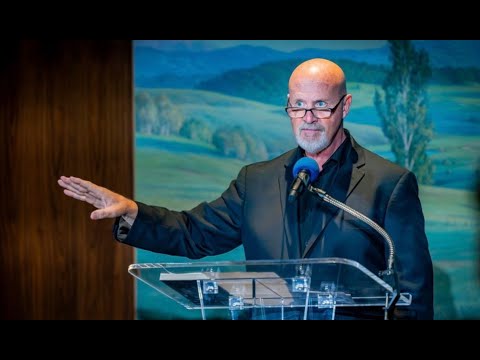NSW residents had a subdued start to the New Year, with social distancing restrictions in place after the state recorded 10 new cases on Thursday.
Five of the new cases were linked to the Avalon cluster and are close contacts of previous cases, taking the total for the cluster to 144.
One locally-acquired case is a close contact of one of the two patient transport drivers reported previously.
Another case, from western Sydney, remains under investigation.
NSW Premier Gladys Berejiklian said it was pleasing to see a drop in new case numbers overnight but warned it remained a “very volatile” situation.
“The last thing we want is to welcome in 2021 with a super spreading event,” she said.
The premier has withstood pressure to institute a mask mandate as Victoria reintroduced a mandatory requirement on Thursday.
“Can I stress again if you’re in an indoor place, if you’re going grocery shopping, if you’re in a place of worship, you … should be wearing a mask,” she said.
A whopping 28,000 COVID tests were undertaken on Wednesday compared to 17,000 the previous day.
NSW Chief Health Officer Kerry Chant said it was important that authorities not miss any unrecognised chains of transmission.
She also urged people not to go to New Year’s Eve gatherings if they’re showing even the mildest of symptoms.
“If you have any symptoms today, do not go to any functions or gatherings. Get tested and isolate,” she said.
“You do not want to be or contribute to super spreading events which lead us to have to take other further public health measures in 2021.”
NSW closed to South Australia
NSW residents will be shut out of South Australia from midnight Thursday, South Australian Premier Steven Marshall announced on Thursday.
There will be a 100km buffer zone for cross-border communities and some exceptions will be in place for returning residents, those permanently relocating or essential travellers.
They’ll still need to undertake 14 days of quarantine however.
Growing potential infection sites
As NSW health authorities investigate two COVID-19 clusters and three mystery diseases, the list of alerts for potentially infected venues is growing.
New alerts flagged on Thursday night included venues in Wollongong, Berala and Smithfield.
Household gatherings across greater Sydney – which includes Wollongong, the Central Coast, Nepean and the Blue Mountains – have been limited to five people indoors, down from 10; and 30 outdoors, down from 50.
Authorities are also investigating three COVID-19 cases involving two people from the same household in Wollongong and another in north Sydney.
Victorians who have travelled to the Blue Mountains or Wollongong from 27 December have until midnight to come back or risk a permit system.
Other casual-contact alerts were issued for pharmacies in Bankstown, Liverpool and Katoomba in the Blue Mountains.
Earlier alerts were released for a restaurant at the Sydney Opera House, as well as the Santa Claus photo booth at Burwood Westfield, Officeworks at Punchbowl and the Coffee Club cafe at Stockland in Shellharbour.
Close-contact alerts were on Tuesday issued for two Greek Orthodox churches in Wollongong on 27 December – St Nektarios and The Holy Cross.
‘Never going back to normal’
Dr Chant also put a dampener on the hopes of those looking forward to life returning to pre-COVID normal next year.
She said NSW residents must know the threat is ongoing.
“We are never going to go back to normal,” she said.
“We might get a little bit more normalcy once we have all the population vaccinated, but COVID potentially will change our lives at all times and it may be something like the flu where we have to learn how to manage it in – with the tool of having a vaccine.”
People in Australia must stay at least 1.5 metres away from others. Check your jurisdiction’s restrictions on gathering limits.
If you are experiencing cold or flu symptoms, stay home and arrange a test by calling your doctor or contact the Coronavirus Health Information Hotline on 1800 020 080.
News and information is available in 63 languages at sbs.com.au/coronavirus. Please check the relevant guidelines for your state or territory: NSW, Victoria, Queensland, Western Australia, South Australia, Northern Territory, ACT, Tasmania






